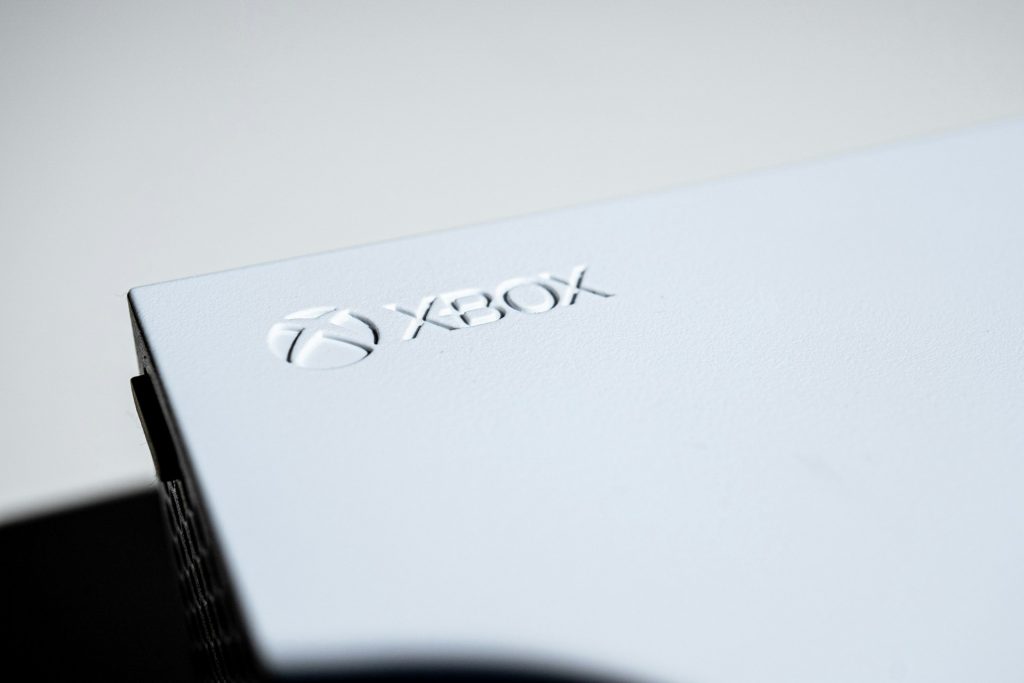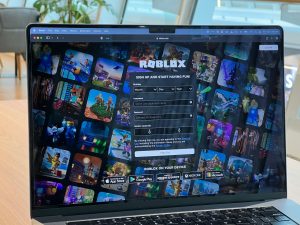Microsoft May Radically Overhaul Its Xbox Strategy

Next Console Hardware Could Come from Multiple Manufacturers and Embrace a Hybrid Approach Like the Nintendo Switch
For the past two generations, Microsoft’s console hardware strategy hasn’t exactly been a resounding success. The Xbox One required significant post-launch adjustments because the initial concept didn’t resonate well with the audience. Even the dual Xbox Series models (X and S) haven’t achieved widespread success: current sales estimates suggest five PlayStation consoles are sold for every Xbox. This indicates that winning the current console generation race is increasingly unlikely for Microsoft.
The situation wasn’t helped by a recent Xbox leak, which suggested plans for a relatively uninspiring refresh of the existing generation. This mid-gen update appeared to offer only minor refinements, quite different from what Sony might aim to achieve with a potential PlayStation 5 Pro this fall. Given the current state of affairs, neither of these approaches seems particularly promising.
Two New Departures?
Microsoft may have come to a similar conclusion, as the company is reportedly considering a major shift for the next generation of Xbox consoles. Insider sources indicate the new Xbox might run on a Windows-based system, allowing other manufacturers to develop their versions of the console. This would mark a significant departure from Microsoft’s traditional approach of being the sole producer of its consoles.
According to Jez Corden of Windows Central, the upcoming Xbox will serve as a reference device for other manufacturers, similar to how the graphics card market operates. “The next Xbox is heavily Windows-based and will be a reference device for manufacturers producing devices like the ASUS ROG Ally. Much like the Surface Pro 11 serves as a reference for AI PCs,” he wrote on X.
Corden speculates that the second major departure will be the introduction of the Xbox Next as a handheld PC capable of playing games both natively and via the cloud. This hybrid device could allow players to access games originally developed for the PlayStation 5 through Steam, ironically enough.
Proceed with Caution
Creating an “open” system could be seen as a strategic move to counter the lackluster sales of the current console generation. By collaborating with other manufacturers, Microsoft could spread financial risk and foster innovation: different companies would be invited to create their own, potentially specialized versions of the Xbox.
While the success of the Nintendo Switch makes a hybrid console approach seem logical, and the handheld gaming preferences of Xbox head Phil Spencer also support this idea, historical precedents suggest a platform with multiple hardware manufacturers may face significant challenges. Past attempts like Valve’s Steam Machines and the 3DO Interactive Multiplayer from the 3DO Company serve as cautionary tales against this strategy.





